Cancer Drug Discovery
-
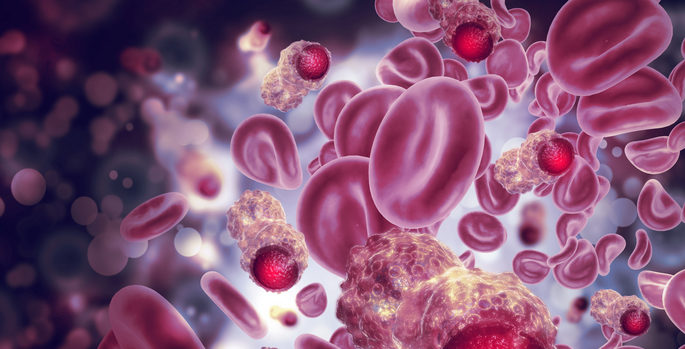
WIN for blocking cancer growth
William Tansey and colleagues identified proteins that interact with the cancer drug target WDR5 and are important for cancer cell growth. Read MoreJan 21, 2021
-

STINGing combination for cancer
A novel immunotherapy combination induced remarkable regression of tumors in a mouse model of head and neck cancer. Read MoreJun 19, 2017
-
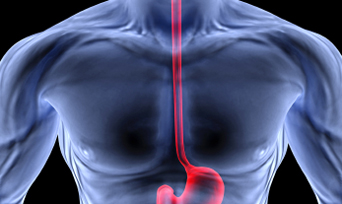
Improving therapies for GI tumors
A signaling protein overexpressed in upper gastrointestinal cancers is an attractive therapeutic target. Read MoreFeb 20, 2017
-

Kleberg Foundation grant bolsters cancer drug discovery efforts
The Robert J. Kleberg Jr. and Helen C. Kleberg Foundation has awarded a $3 million grant to Vanderbilt-Ingram Cancer Center (VICC) investigators in support of VICC’s drug discovery program. The gift awarded over the next three years from the private, San Antonio, Texas-based foundation will enable VICC researchers to pursue the development of new compounds to block the activity of cancer-causing genes and proteins that had previously been considered “undruggable.” Read MoreAug 3, 2016
-

VU takes key role in cancer drug discovery consortium
Vanderbilt University has been selected as one of seven Dedicated Centers in the nation for the next phase of the Chemical Biology Consortium (CBC), a national network of scientists on the leading edge of cancer drug discovery. Read MoreJun 23, 2016
-

Current cancer drug discovery method flawed: VUMC study
The primary method used to test compounds for anti-cancer activity in cells is flawed, Vanderbilt University researchers reported May 2 in Nature Methods. Read MoreMay 5, 2016
-

Anticancer olive compounds
Compounds found in olives and olive oil have anticancer activity, which may contribute to the cancer preventive properties attributed to the Mediterranean diet. Read MoreJul 27, 2015
-

Micelle “packets” deliver cancer drugs
Vanderbilt researchers designed micelle “packets” to selectively deliver anti-cancer drugs to breast cancer cells. Read MoreApr 8, 2015
-

Cancer signaling pathway blocker
Researchers at Vanderbilt University have discovered a new way to inhibit Hedgehog (Hh) signaling, an important regulatory pathway for vertebrate development – and cancer. Read MoreApr 3, 2015
-
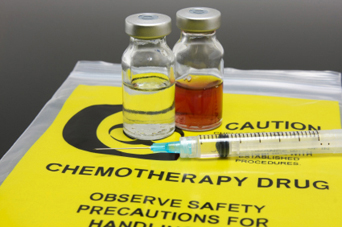
Antibiotics with anticancer potential
A series of experimental antibiotics may be a good starting point for developing new anticancer drugs. Read MoreFeb 25, 2015
-

New insight on oral cancer culprits
A new mouse model offers insight into the signaling pathways that control oral cancers – and a platform for testing anticancer therapeutics. Read MoreNov 12, 2014
-
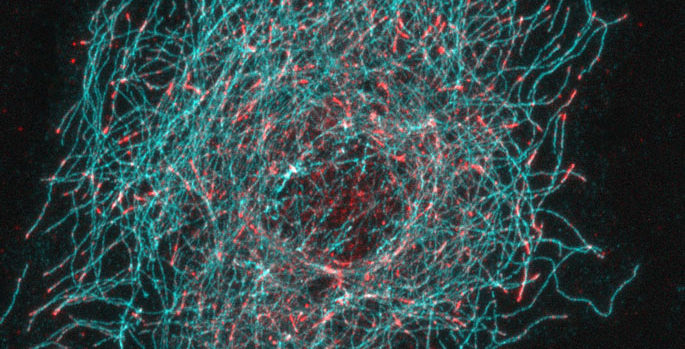
VU study reveals factor’s new role in cell division, migration
Vanderbilt University investigators have discovered a new molecular mechanism that regulates microtubule dynamics. The unexpected finding, reported in Developmental Cell, has implications for cancer drug discovery. Read MoreOct 30, 2014
-
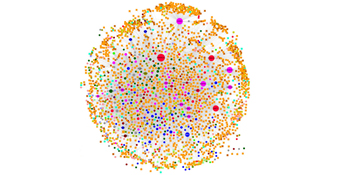
Drug discovery clues in network map
Vanderbilt investigators have constructed a network map that could guide the development of new targeted cancer therapies. Read MoreAug 5, 2014
-

A new way to target cancer-driver Ras
Vanderbilt researchers have discovered small molecules that turn off cancerous Ras signals in a new way. Read MoreMar 13, 2014
-
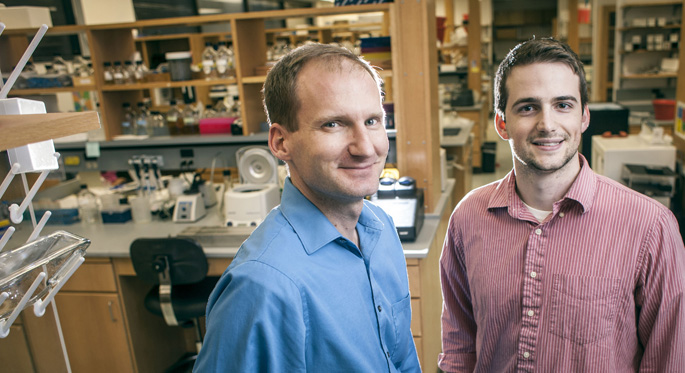
VU study sheds new light on DNA replication
David Cortez, Ph.D., and his Vanderbilt colleagues report new findings that shed light on fundamental processes involved in DNA replication and have implications for cancer therapies that target these processes. Read MoreNov 7, 2013
-

Powerful NMR magnet a boon to research at Vanderbilt University
Vanderbilt University’s acquisition of a 900 megahertz nuclear magnetic resonance (NMR) spectrometer will accelerate studies on cancer and Alzheimer’s disease. Read MoreMay 13, 2011